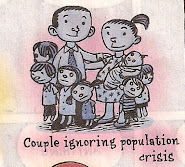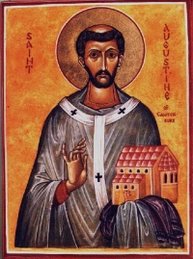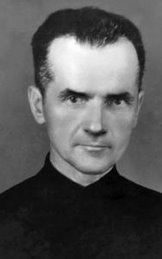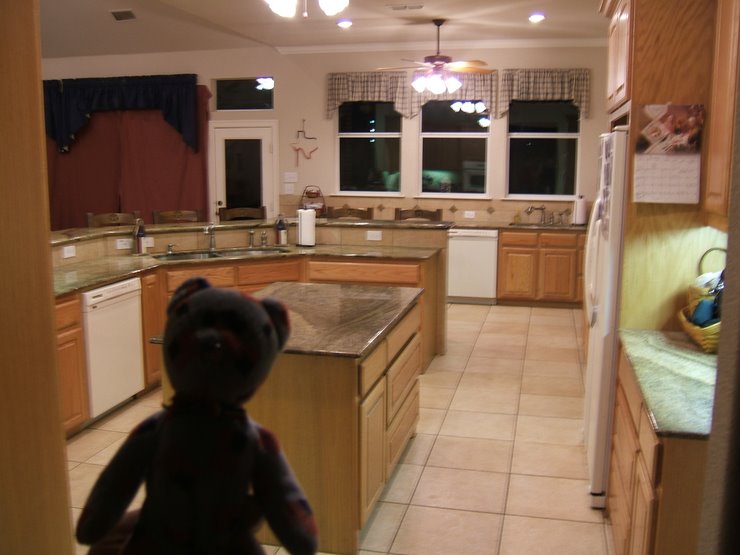
Foremost in the story of Charles de Foucauld's life is the conversion story, the very moment which seemed to be the turnaround of Foucauld's life.
Like St. Augustine, Foucauld's conversion was not a sudden cataclysmic event, such as the conversion of Saul on the road to Damascus. Instead, Foucauld had been struggling for years with his Faith. Recall that his cousin's piety and influence on him (and certainly her prayers) had been working on his soul for quite some time. So much of the groundwork had been done to prepare Foucauld for a return to the Church.
Ultimately, all the prayers, intercessions, even God Himself, must wait for the man to make that wrenching, horrific commitment(too weak a word) to change, to convert. In this way Foucauld's conversion story was similar to that of S. Augustine's - the last straw that broke the camel's back was not some child's sing-song 'pick up and read,' but rather one holy priest's command to go to confession(p. 100):
On October 30, 1886 Foucauld decided to meet anonymously with Fr. Huvelin, a parish priest recommende to Foucauld by his cousin. He decided to meet him anonymously in ths confessional before his first Mass, early in the morning.
Foucauld said to the priest that he had questions about the Faith. Huvelin asked if he had ever had the Faith, and Foucauld started making excuses.
There goes the pitch, right across the plate, and Huvelin hits it out of the park:
"You are mistaken, my son. What is missing now, in order for you to believe, is a pure heart. Go down on your knees, make your confession to God, and you will believe."
He did just that. He made his confession, summarizing his whole life and dumping into the lap of his 'Alter Christus.' He received absolution, and then was ordered by Father Huvelin to receive Holy Communion.
He "would never be hungry or thirsty again." (p. 101)
Commentary:
Where are the Fr. Huvelin's of the world? Where are the priests, waiting in the confessional for the Foucauld's or dadwithnoisykids' of the world? Where are the St. Jean-Marie Baptiste Vianney's of the world, sitting in the confessional, waiting for the 'big fish' that will come that day - knowing this will happen because of the sufferings the devil inflicted on them last night? A priest once told me that he is in the confessional because he WANTS to hear confessions, he wants to give absolution to the sinners. It is a source of joy to serve as a means for sharing God's mercy.
It certainly helps me in my spiritual combat....
The issue of confession did get me thinking on the way that confession should produce great spiritual growth in a parish. I call it the 'Closed Loop of Confession.
The closed loop is a term I heard about in high school computer class, back in 1979 or 1980 - back when we had to print out every line of FORTRAN on a computer punch card! We would hand a stack of these cards to someone at the computer center(at the University of Michigan) and wait for them to run through the card reader. Occasionally, the program would take along time before printing out an error message that indicated that the program had a 'closed loop' in it that would make the program continuously repeat a process.
The sacrament of confession can be the start of a 'closed loop' if the priest uses what he hears in confession(respecting anonymity, of course) to address the spiritual needs of the parishioners. Let's use an example:
1. The priest increases the time for confession from two to four hours per week, encouraging people to come anonymously, spontaneously, rather than having to make an 'appointment' to see him. He advertises this in the bulletin and mentions it in the homily.
2. More people take advantage of the Sacrament of Penance. Graces flow.
3. The priest notes that a lot of parishioners are confessing, for example, looking at bad things on the internet. One might say it appears to be an epidemic.
4. The priest notes this common occasion of sin, and preaches about it on SUNDAY. While he is at it, he throws in movies, TV, and books. He makes this a recurrent theme each SUNDAY, and encourages his parishioners to use the Sacrament of Divine Mercy to cleanse their souls.
5. Confessions increase in number each week. The priest uses the time in confession to encourage family prayer, daily Mass, etc. Graces keep building in the parish and within individuals.
6. Spiritual growth prompts more people to pray and sacrifice more, and take greater advantage of the Sacraments during the week.
This continues until all involved die, or the priest transfers to another parish.
These comments are typical 'armchair quarterbacking,' but I think they are still valid. A lot of the impetus for this 'closed loop' requires the initiative of the priest; all of this ultimately comes from the working of the Holy Spirit.
Pray not only for more vocations to the priesthood, but also for more courage and initiative from those priests who are in our parishes.


















1 comment:
Sounds a bit like our parish...
...but then we're very, very lucky with our priest!!
Post a Comment